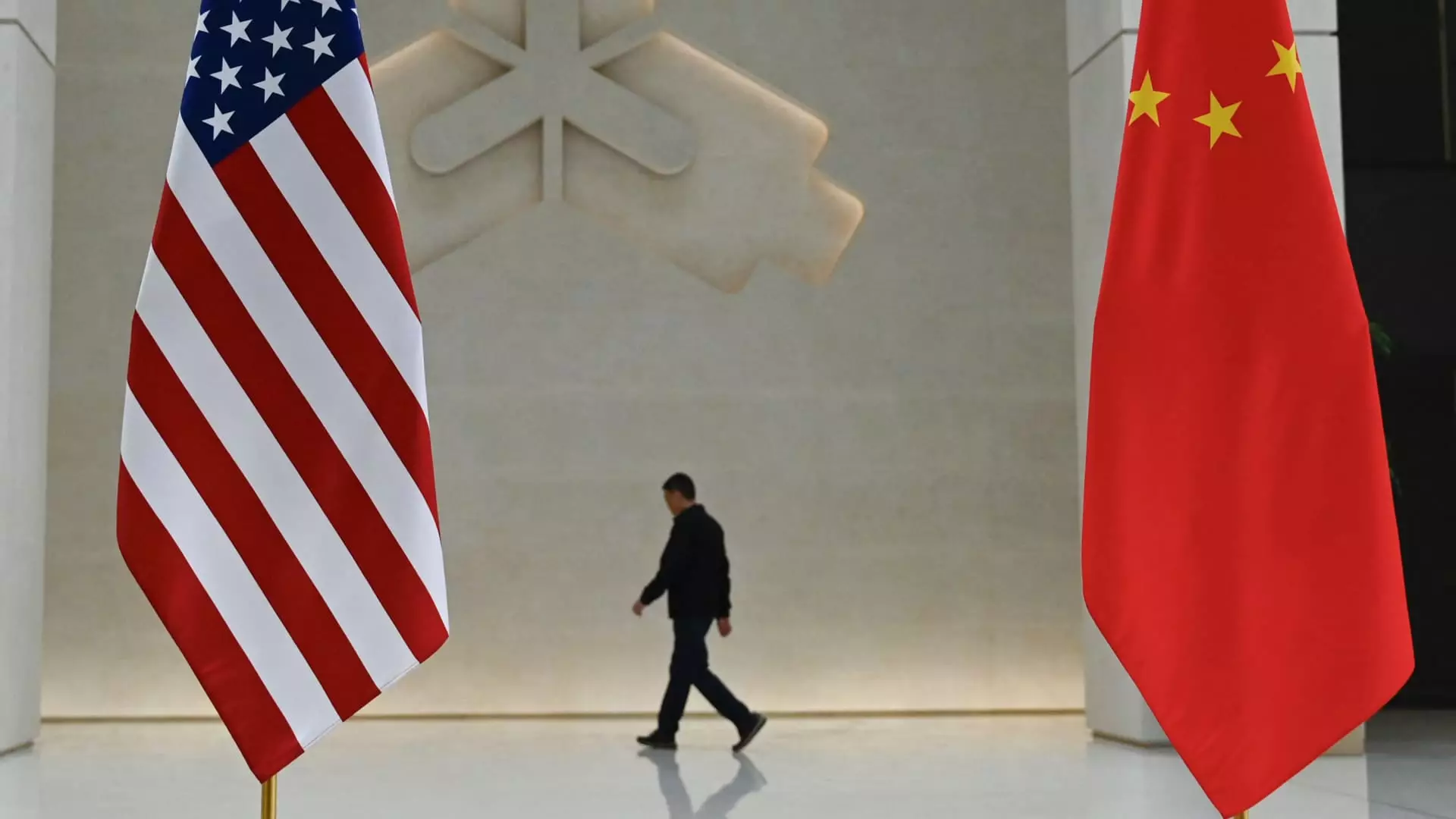The recent statement by Deputy Secretary of State Kurt Campbell regarding the potential easing of advisories against U.S. citizens traveling to China has brought to light the impact these warnings have had on bilateral exchanges between the two countries. These advisories, which have been in place due to concerns of arbitrary enforcement of local laws, exit bans, and wrongful detentions, have significantly affected the interactions between Americans and Chinese people. While communication channels between Washington and Beijing have improved in recent months after a period of heightened tensions, Campbell warned that China’s support for Russia’s war in Ukraine could jeopardize the stabilization of ties between the two nations.
Campbell acknowledged the inhibition that the travel advisories have posed on academic and other exchanges between the U.S. and China. The potential easing of these warnings could pave the way for increased people-to-people exchanges, which both countries’ leaders have identified as a key element in managing the escalating geopolitical competition. However, the decision to lift the advisories requires careful consideration, as it could impact the overall relationship between the U.S. and China. The U.S. has also expressed concerns about China’s own travel warnings for Americans and allegations of harassment of Chinese nationals at U.S. ports of entry.
In addition to the travel advisories, Campbell’s remarks highlighted the implications of China’s substantial support for Russia’s war efforts in Ukraine. He emphasized that if Russia were to gain territory in Ukraine, it would disrupt the balance of power in Europe in a manner that is unacceptable to the U.S. Campbell’s warning to Beijing about the consequences of its backing of Russia’s actions underscores the complexities of the U.S.-China relationship and the need for both countries to address areas of disagreement.
Campbell also raised the issue of Chinese migrants fleeing economic challenges in China and coming to the U.S. in significant numbers. He expressed apprehension about the implications of this migration trend and suggested that Beijing should take steps to address the situation. The influx of Chinese migrants to the U.S. could have long-term economic and social repercussions for both countries, necessitating a strategic approach to manage the flow of migrants and mitigate any adverse effects on bilateral relations.
The potential easing of travel advisories by the U.S. could signal a shift in the dynamics of the U.S.-China relationship, opening up opportunities for increased interaction and cooperation between the two nations. However, the complex interplay of factors such as China’s support for Russia, migration trends, and economic challenges underscores the need for a nuanced and strategic approach to managing the evolving relationship between the U.S. and China. Both countries will need to navigate these challenges carefully to ensure a stable and mutually beneficial partnership in the future.



Leave a Reply